Towing a trailer can significantly change the dynamics of driving, introducing unique challenges that demand meticulous attention to detail. Ensuring proper setup and operational know-how is crucial, as common oversights can lead to severe road mishaps. This includes everything from securing the load to checking that all equipment is in top-notch condition before departure.
This guide delves into the typical errors encountered while towing and the critical safety practices necessary to prevent them. By focusing on these key aspects, drivers can improve their handling of trailers under various conditions, thus enhancing overall safety on the road and ensuring that both the tow vehicle and trailer perform optimally during transit.
Contents
Poor Weight Distribution

Incorrect distribution of weight in a trailer can lead to swaying, which makes the vehicle difficult to control. It’s crucial to distribute weight evenly and ensure that heavier items are positioned near the front of the trailer, close to the hitch. This stability is vital to maintaining control of the vehicle, particularly when maneuvering through traffic or in adverse weather conditions.
Overloading
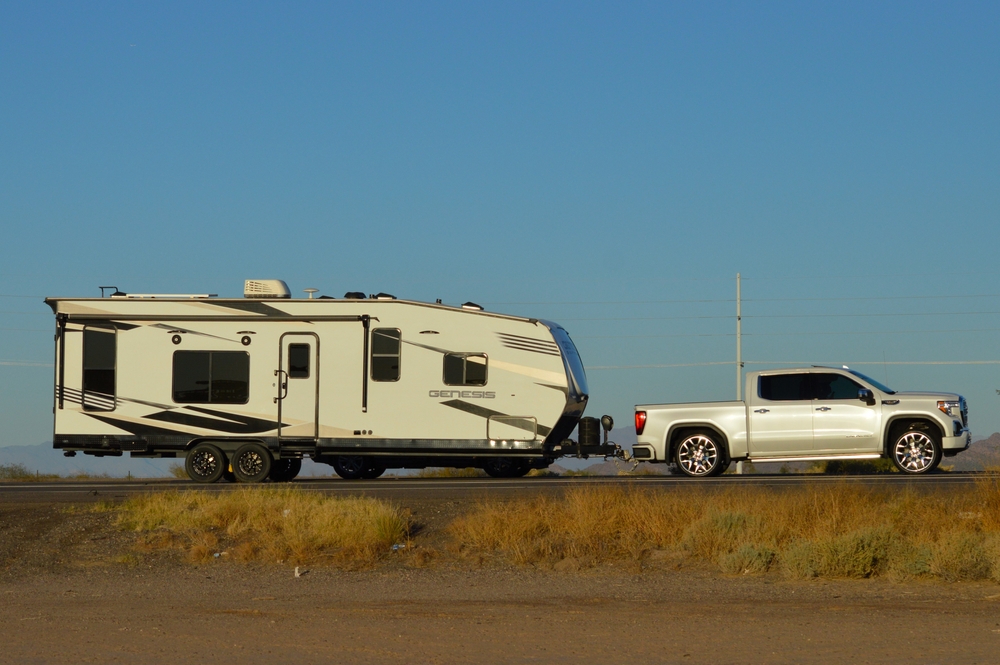
Towing a trailer that exceeds the vehicle’s towing capacity can strain the engine, brakes, and transmission, increasing the risk of mechanical failures and accidents. Always check the maximum towing capacity of your vehicle and ensure that the combined weight of the trailer and its load does not exceed it. Overloading not only jeopardizes safety but can also lead to costly fines and repairs.
Excessive Speed

Driving too fast with a trailer in tow can lead to a loss of control, especially during sudden maneuvers. The added weight of the trailer significantly affects braking distances and vehicle handling. It’s essential to adjust your speed to ensure that you have ample time to react to road conditions and other drivers.
Improper Hitching
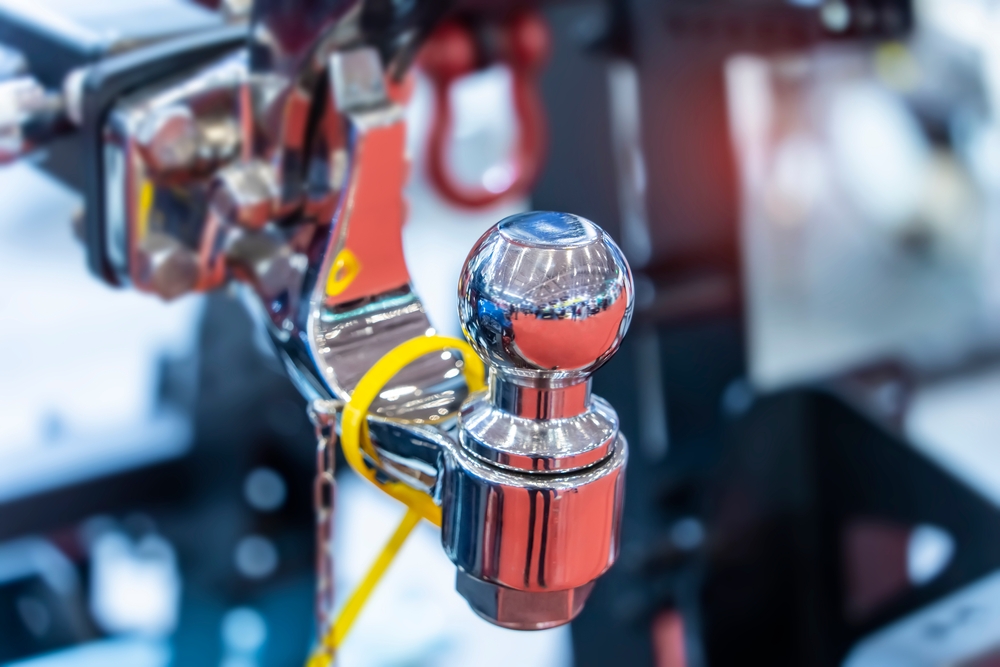
Incorrectly attaching a trailer to a towing vehicle can cause the trailer to detach while driving, posing a serious hazard to road users. It’s critical to use the correct hitch type and size for your vehicle and to check that the trailer is securely connected before each trip. Regular inspections and maintenance of the hitch assembly can prevent many of these issues.
Not Using Safety Chains Properly
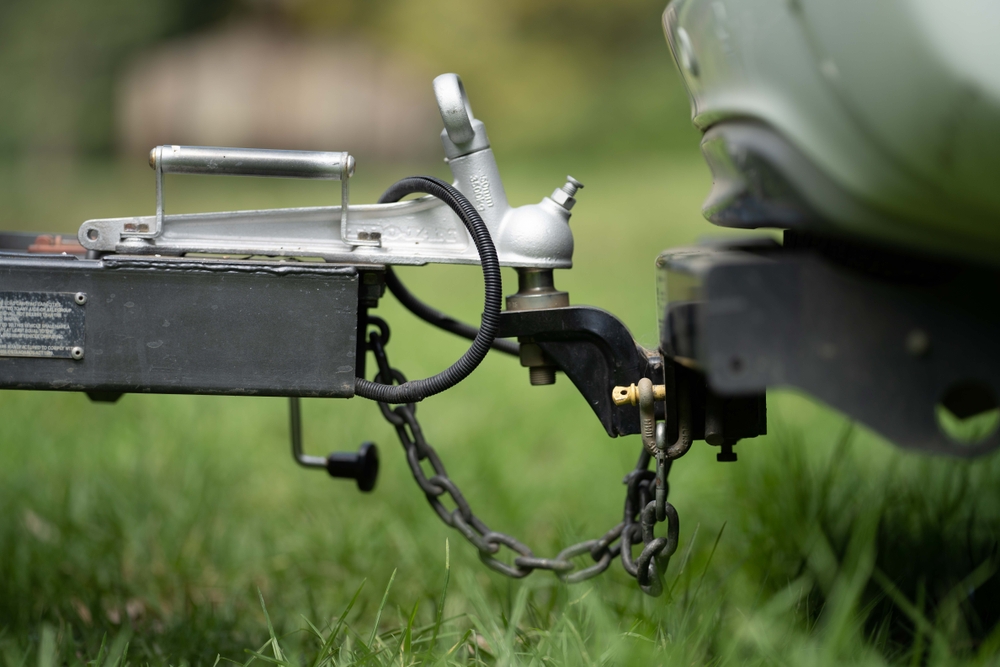
Safety chains are required as a backup in case the primary hitching system fails. These chains must be correctly crossed under the hitch and securely attached to the towing vehicle. Improper use of safety chains can lead to catastrophic accidents if the trailer becomes detached from the tow vehicle.
Inexperienced Towing

Towing a trailer requires different driving skills than operating a car alone. Inexperienced drivers may not be aware of how to adjust their driving to accommodate the increased size and altered dynamics of their vehicles. Education and practice in a safe environment can greatly reduce the risks associated with novice towing.
Neglecting Tire Pressure and Condition
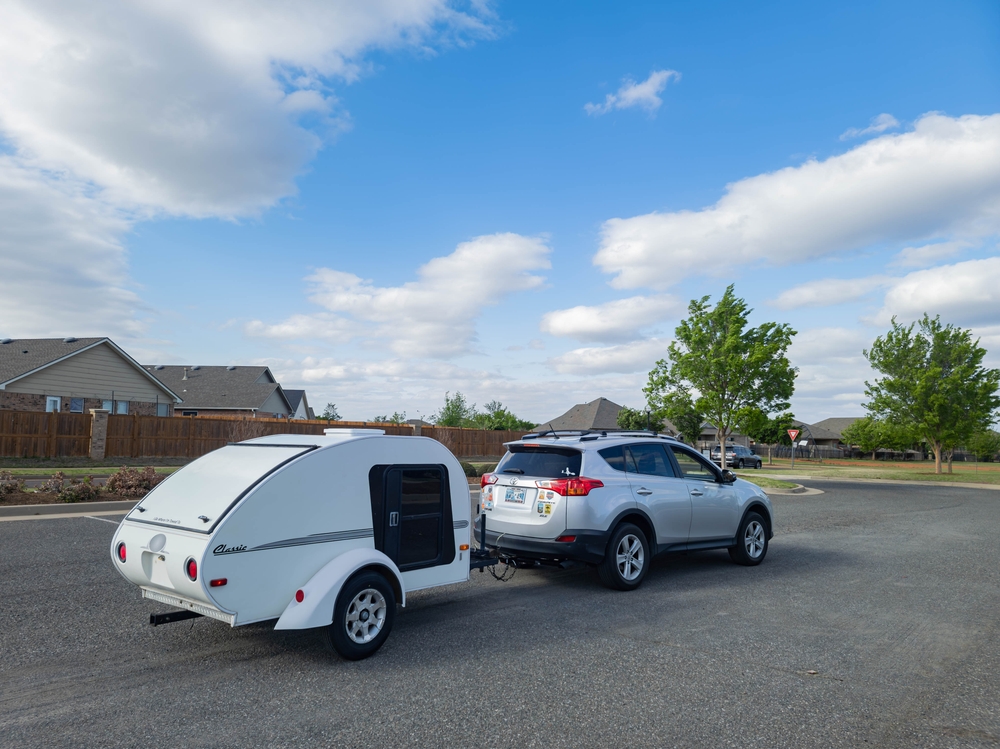
Tires that are not properly inflated or are worn out can fail, leading to loss of control or accidents. Regular checks on both the vehicle and trailer tires are essential for safe towing, including verifying that they meet the load requirements and are free of significant wear.
Ignoring Brake Systems
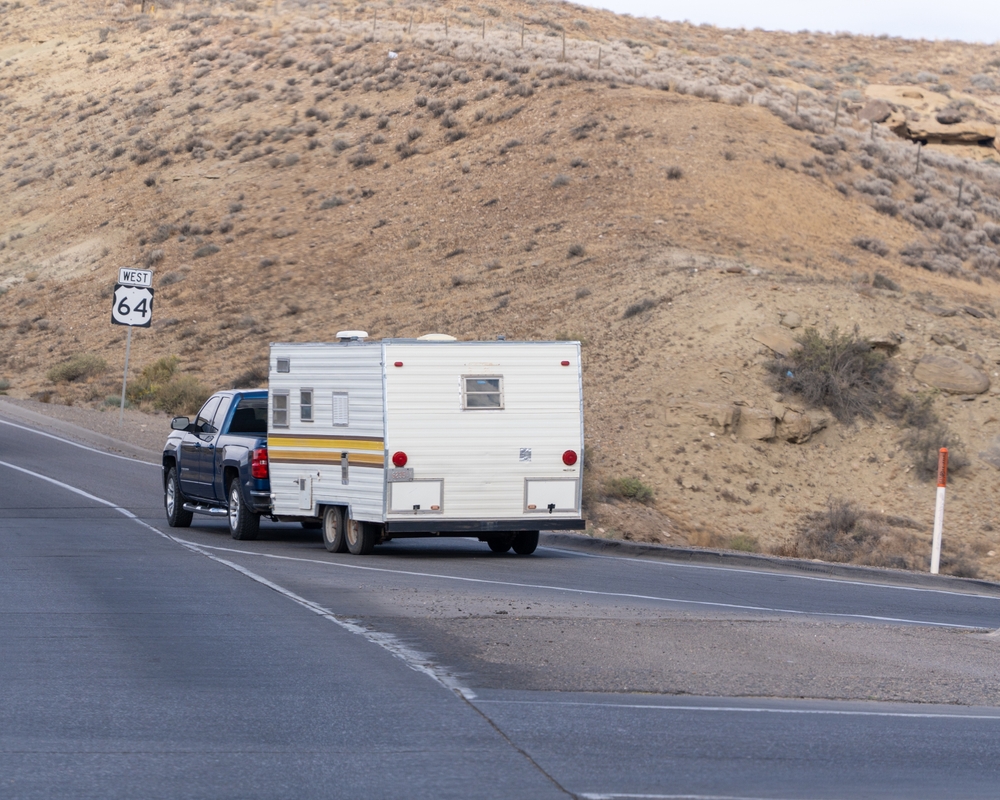
Trailers with significant weight usually require their braking systems. Failing to maintain these systems or using a trailer without adequate brakes can increase stopping distances and the risk of collisions. Regular maintenance and checks ensure the functionality of these critical components.
Lack of Proper Lights and Signals
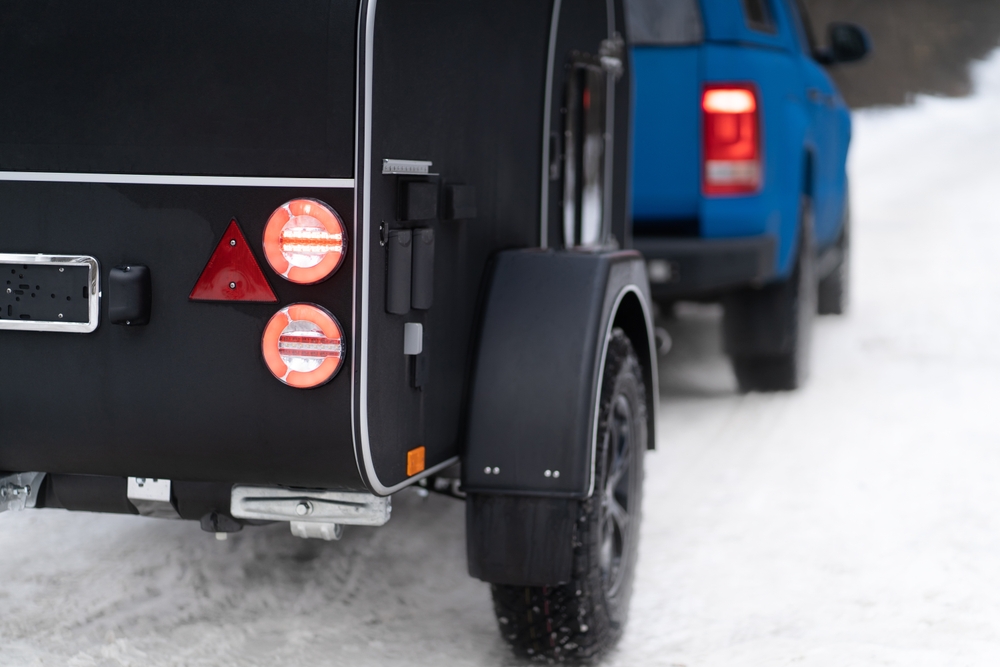
A trailer must have working taillights and turn signals synchronized with the towing vehicle. This helps communicate your actions to other drivers and is crucial for safe towing. Regularly check the electrical connections and ensure all lights are functional before hitting the road.
Forgetting to Secure the Load
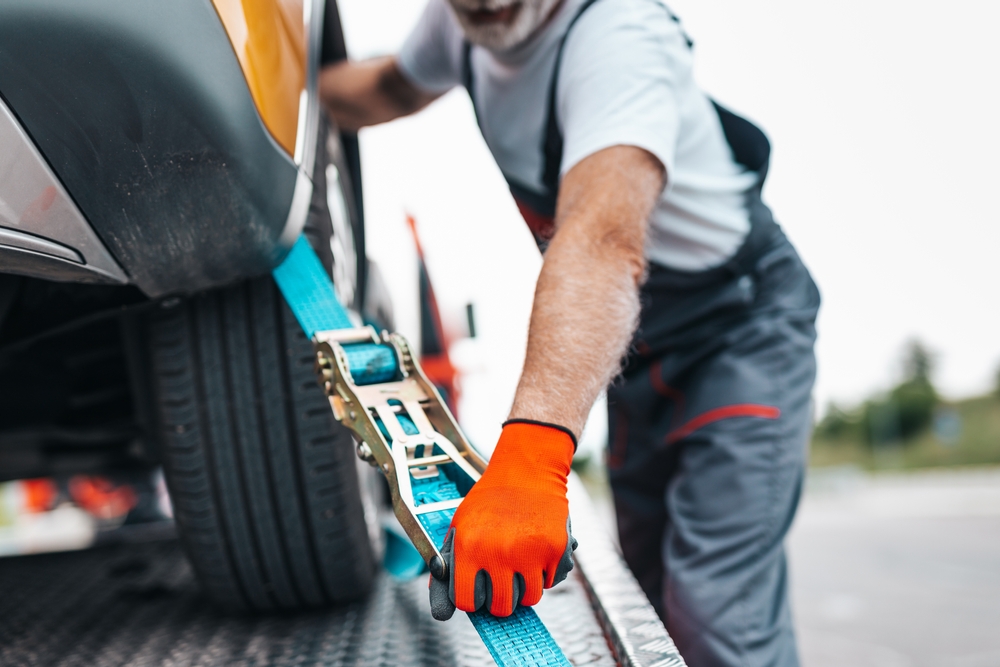
Unsecured or loosely tied down loads can shift dramatically, causing imbalances or even becoming roadway hazards if they fall off the trailer. Using appropriate restraints and checking them regularly throughout your journey is vital.
Ignoring Weather Conditions
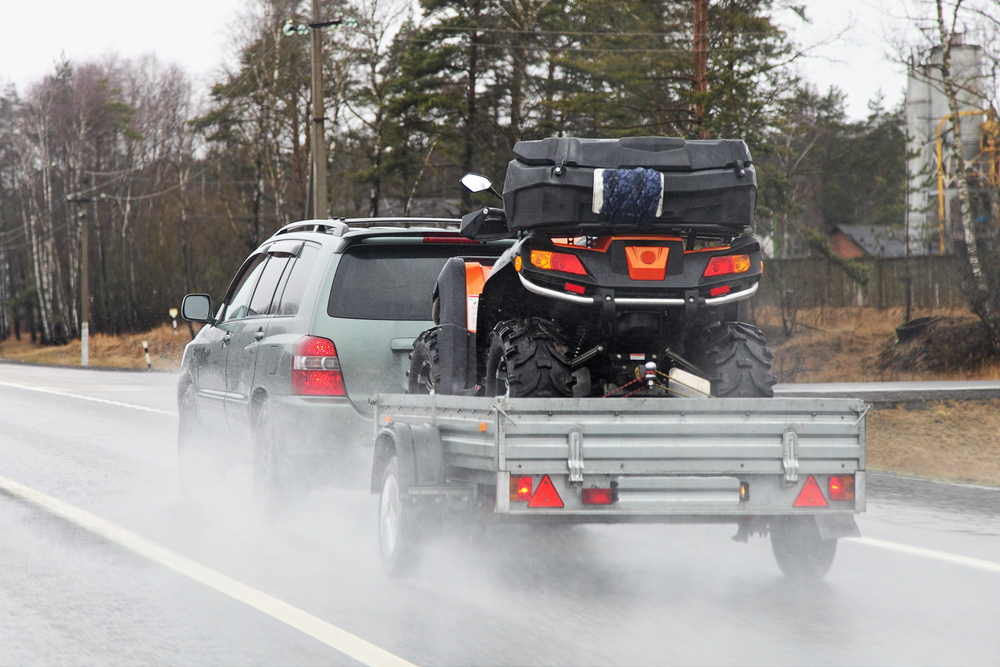
Adverse weather conditions like high winds, rain, or snow can impact towing safety significantly. Drivers should be prepared to adjust their driving style and speed according to weather conditions and consider postponing the trip if severe weather is expected.
Not Planning the Route
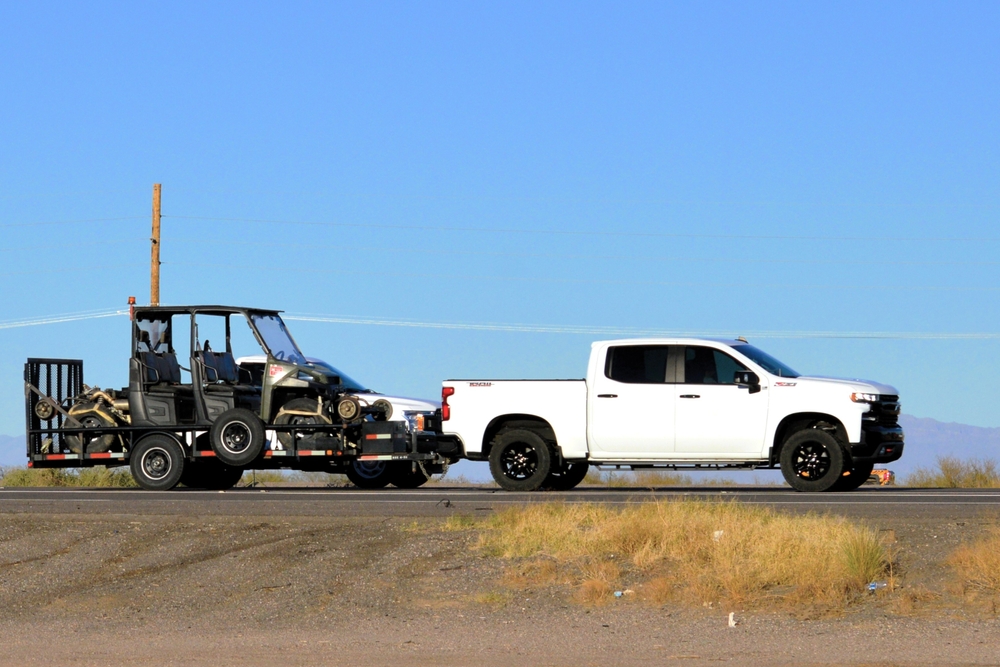
When towing, low bridges, tight turns, and steep gradients can be challenging. Planning your route to avoid such obstacles can prevent accidents and ensure a smoother journey.
Using Worn or Inappropriate Towing Equipment
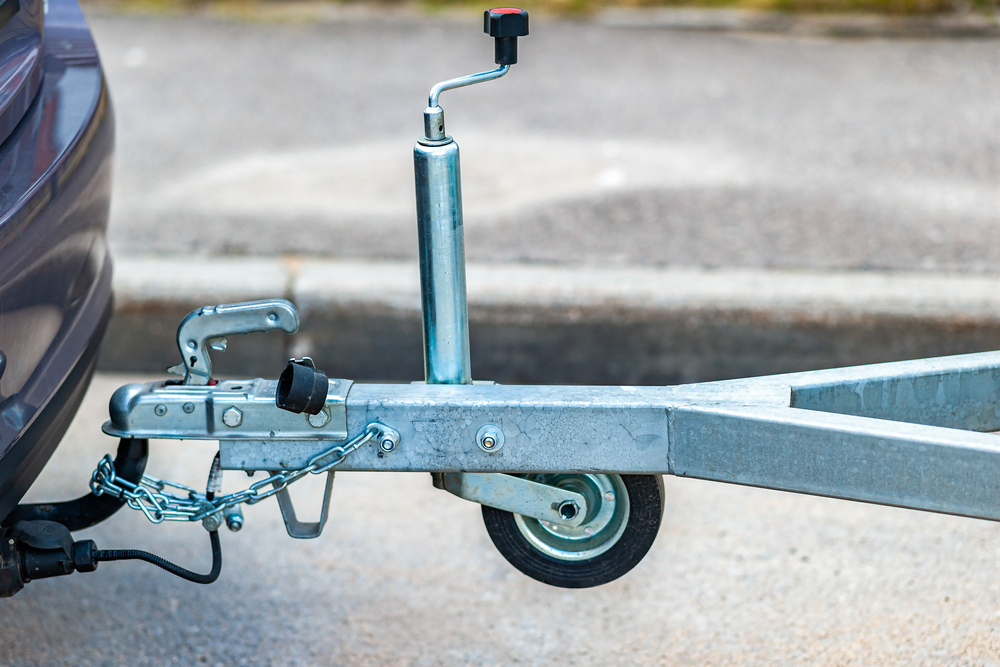
Old or incorrect towing equipment can fail under stress. It’s important to use equipment that matches your vehicle’s and trailer’s specifications and promptly replace worn-out parts.
This article originally appeared on MyCarMakesNoise.
More from MyCarMakesNoise
13 Frequent Motorcycle Maintenance Mistakes to Avoid

Keeping your motorcycle in prime condition is not just about enhancing its performance but also about ensuring your safety on the road. Regular maintenance is crucial, yet many riders, whether new or experienced, often fall into common traps that can lead to unnecessary wear and tear or even more serious mechanical failures. Read More.
10 Vintage Trains Still in Operation

Step aboard the timeless journey of vintage trains that still capture the heart of railway romance and adventure. Across the globe, these moving museums preserve the golden age of rail travel, offering more than just a ride – they serve as a portal to the past, allowing passengers to experience the luxury, charm, and history of classic locomotion. Read More.
13 Worst Electric Cars Ever Produced

Electric vehicles (EVs) represent a promising shift towards sustainability in the automotive industry, driven by the urgent need to reduce carbon emissions. As manufacturers race to innovate and capture the market, this surge in production has inevitably led to a range of outcomes. Read More.














